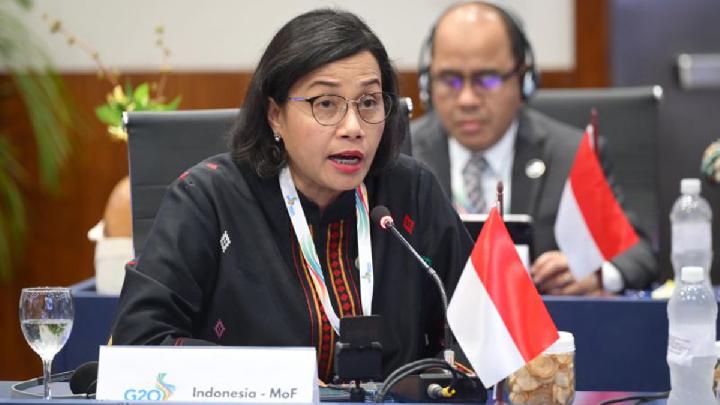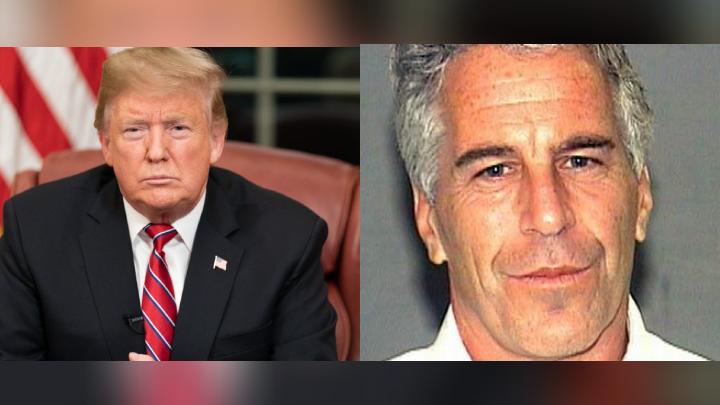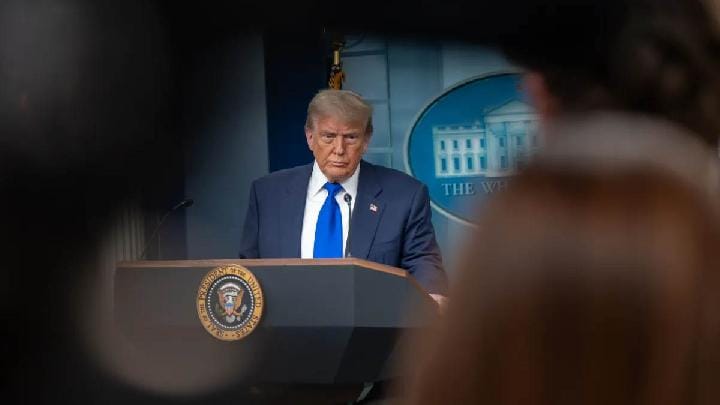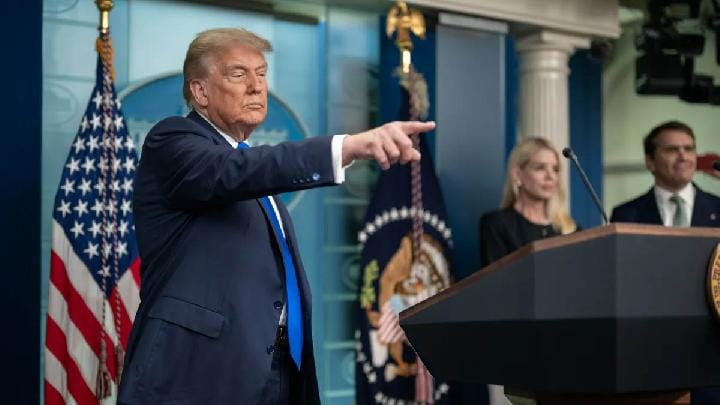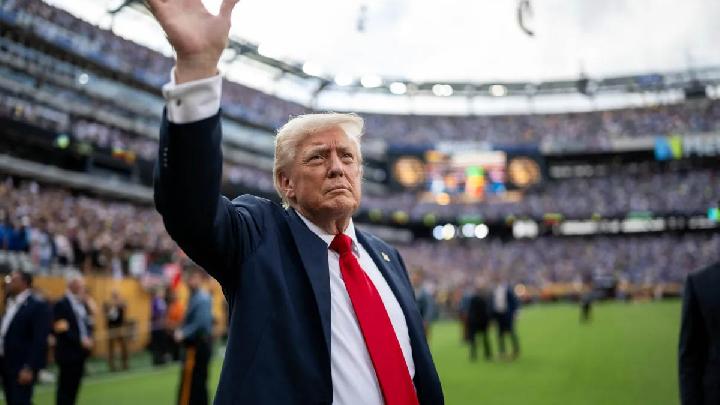Trump's Tariffs Could Stunt Economic Growth, What's Indonesia's Next Move?
Reporter
April 3, 2025 | 04:00 pm

TEMPO.CO, Jakarta - President of the United States, Donald Trump, has imposed import tariffs on several countries, including Indonesia.
Economist Wijayanto Samirin sees the policy, known as reciprocal tariff, as a strategy to rescue the U.S. fiscal, although it has the potential to harm many other countries.
Wijayanto is a senior economist who has held various positions, including former Advisor to the Vice President of Indonesia in Economy and Finance from 2014-2019.
Moreover, Wijayanto stated that the implementation of this import tariff policy will slow down the global economy. Global financial institutions such as the IMF, World Bank, and OECD are expected to revise their projections for global economic growth.
Investors also tend to secure their assets in more stable instruments such as gold and government bonds.
According to him, the global stock market is potentially experiencing high volatility with a tendency to weaken. The exchange rates of various countries' currencies are also predicted to be affected.
For Indonesia, Wijayanto says this policy adds to the economic challenges. The target of 5 percent economic growth this year is becoming increasingly difficult to achieve. The Composite Stock Price Index (CSPI) is expected to come under pressure, especially in export-oriented sectors such as textiles, rubber products, and electronics.
The rupiah is also at risk of weakening due to increasing external pressures, he said in a press release on Thursday, April 3, 2025.
From a labor perspective, Wijayanto believes that the increase in US import tariffs on Indonesian products, particularly in labor-intensive industries like shoes and textiles, could lead to a rise in layoffs.
On the other hand, the efforts to refinance government debt of Rp800 trillion and new debt financing of Rp700 trillion this year are becoming more challenging.
Wijayanto proposes seven priority steps to deal with the impact of Trump's policy:
Strengthen foreign exchange reserves by implementing export earnings policies to address global economic uncertainty.
Recalibrate the State Budget by cutting non-essential spending and redirecting funds towards programs that boost purchasing power and job creation.
Tighten imports, both legal and illegal, to protect domestic producers and secure state revenue.
Strengthen the financial services sector, particularly banking and capital markets, to better support economic stability during uncertain times.
Develop clear and realistic economic policies, ensuring effective communication to the public.
Enhance economic cooperation with countries and regions such as the European Union, ASEAN, India, the Middle East, and Latin America to reduce dependence on the US.
Prepare a skilled negotiating team to engage with the U.S. when conditions become more favorable.
Editor's Choice: Expert's Suggestions to Mitigate Impact of Trump's 32% Tariff on Indonesia
Click here to get the latest news updates from Tempo on Google News













